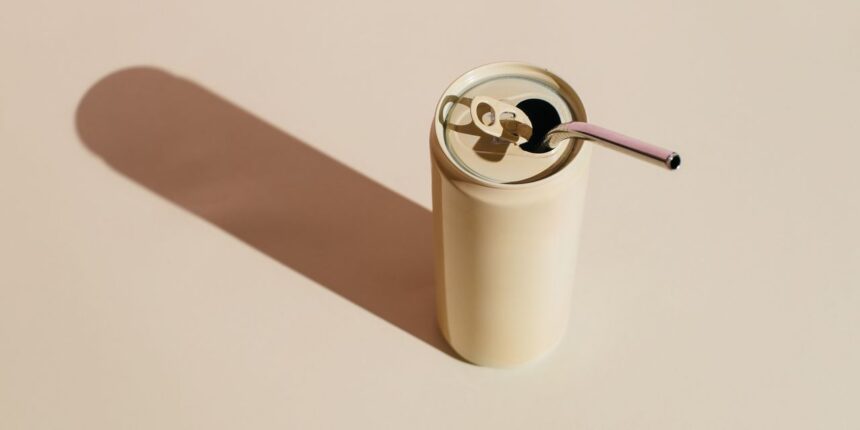The reason you want to feed your good gut microbes enough prebiotics in the first place is to keep them thriving and happy, as noted above, which then allows them to proliferate—and outnumber their less-supportive counterparts. As your gut bugs ferment prebiotics, they also create helpful substances like short-chain fatty acids (SCFAs). Research shows these SCFAs “can improve the integrity of our gut barrier, which is beneficial against illness-causing pathogens,” Amy Bragagnini, MS, RD, clinical oncology dietitian at Trinity Health Lacks Cancer Center, in Grand Rapids, Michigan, and spokesperson for the Academy of Nutrition and Dietetics, tells SELF. There’s also evidence that the breakdown of prebiotics in your gut can contribute to satiety (or fullness), as well as alleviate constipation by helping push stool along. So at least for the prebiotic sodas that contain a substantial quantity of the stuff, there are some potential gut upsides.
There’s also what you’re not getting in a prebiotic drink, in comparison to a typical soda—specifically a ton of sugar. Yes, these fizzy drinks still contain some of the sweet stuff, but in relatively low amounts. For reference, a can of Coke or Pepsi packs about 40 grams of added sugar, whereas Poppi has about five grams of total sugar (four grams added), Olipop has two to five grams of added sugar, and Simply Pop has 10 grams of sugar from fruit juice (so none added). That sugar from fruit has some extra value: It brings along essential nutrients too, Cassetty says. (Whereas the added type has no upsides besides flavor.) But you’re still taking down 10 grams of the stuff with every can, which isn’t negligible.
Okay, so how do these prebiotic drinks stack up against diet sodas, which contain 0 grams of sugar? These zero-cal options get their flavor from an artificial non-nutritive sweetener called aspartame. Similarly, Poppi and Olipop contain some stevia, also a non-nutritive sweetener that won’t contribute to your sugar intake but one that comes from a natural source. And that’s a relevant distinction: Some animal research suggests aspartame could trip up your endocrine system (and the International Agency for Research on Cancer recently classified it as “possibly carcinogenic to humans” based on limited, but not convincing, evidence it might contribute to liver cancer), whereas the research available on stevia suggests it’s not likely to present a health concern.
But prebiotic sodas still don’t pack all the same perks as fiber-rich foods.
No matter how much fiber has been funneled into a drink, it won’t quite stack up nutritionally to whole fibrous foods for a couple reasons. The first is just its lack of other important vitamins, minerals, and nutrients that you’ll find in natural prebiotics like asparagus, artichokes, bananas, apples, oats, cherries, and garlic, Bragagnini says.
And the second is its inclusion of just one or two isolated types of fiber, either plucked out of a natural source or synthetically derived; for instance, Simply Pop contains soluble corn fiber, Poppi contains inulin (from agave), and Olipop has inulin (from chicory root and Jerusalem artichoke) and resistant dextrin (from cassava root). There’s nothing wrong with any of these, per se—but all the research we have on fiber’s long-term health benefits comes from observing people eating whole fiber-rich foods, which naturally contain a blend of different soluble and insoluble fiber types (the latter of which you won’t find at all in prebiotic sodas and can especially help with regularity). “It’s very hard for us to say that if we pull this one thing out, it’ll have the exact same effect,” Cassetty says. “But we know that when you eat [fibers] as they’re found in nature, they work synergistically.”
Read the full article here



